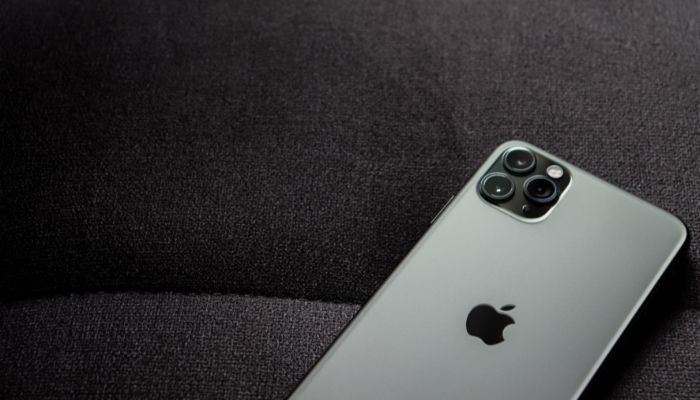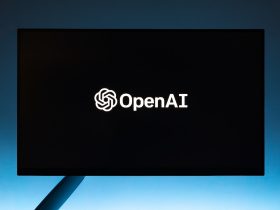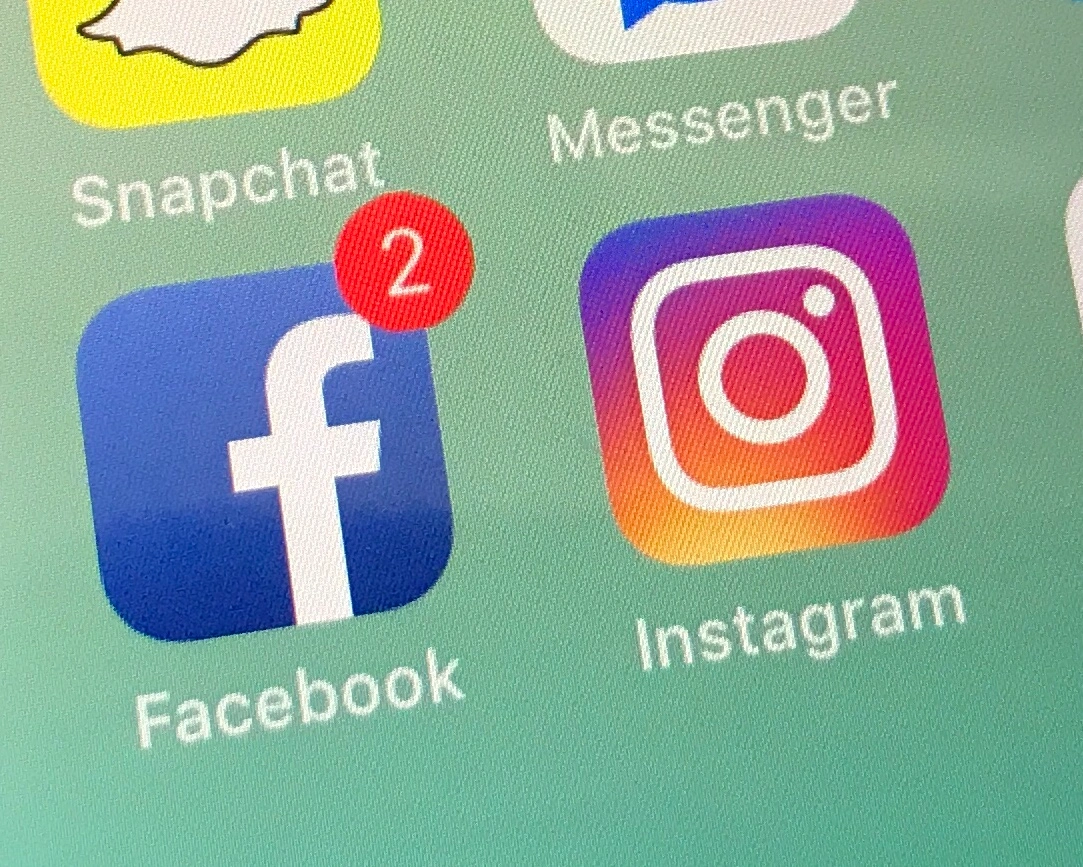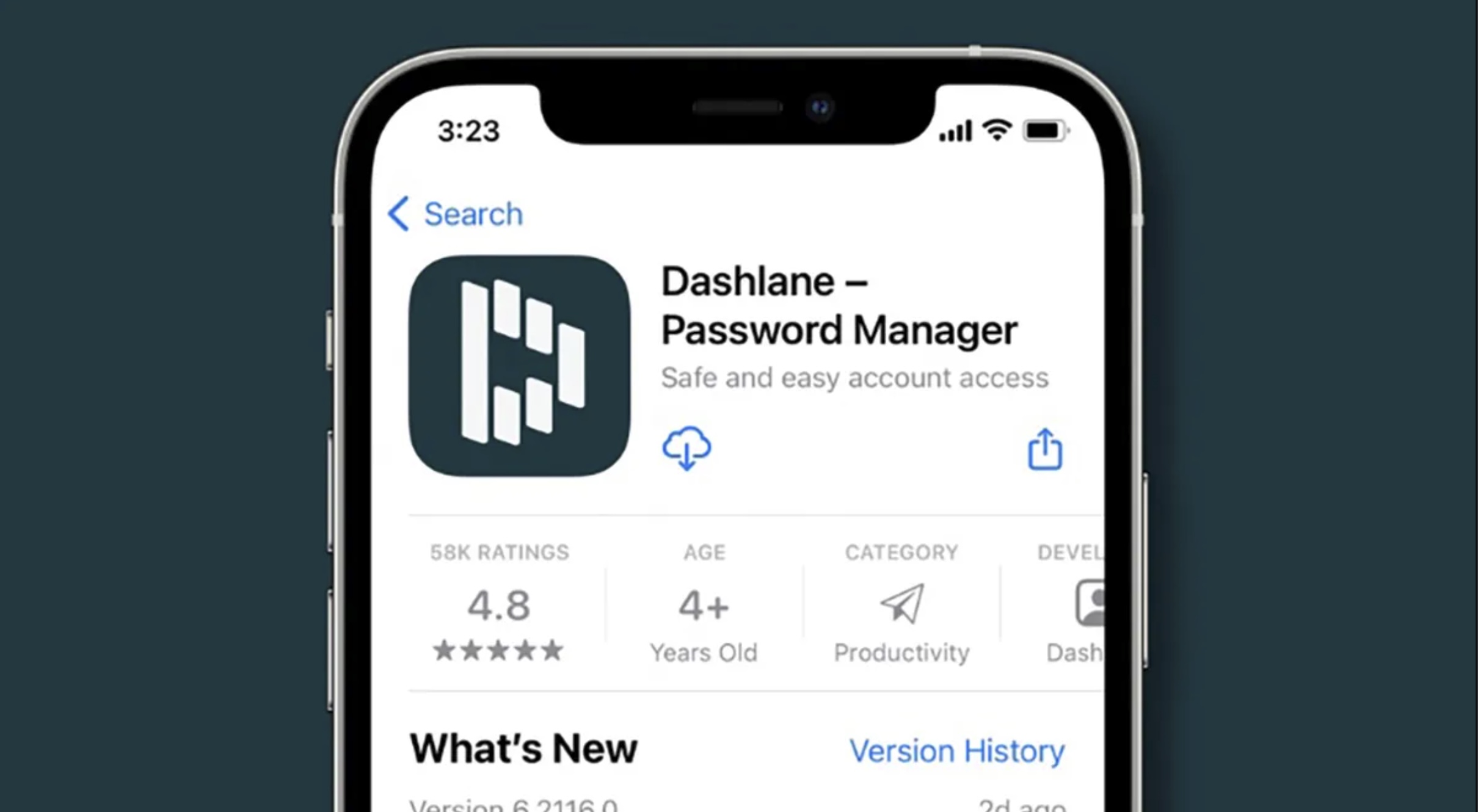iPhones are the most ubiquitous devices in the world, owned by some and some hope to own. They are known for their software support, privacy, limited but working features, and cameras. Many people opt for Apple devices – including iPhones – as they are secure in every way. So be it lesser apps on the App Store, walled-garden approach, and all that jazz.
While it is a popular device, there are several misconceptions around it. One that many believe is that iPhones need antivirus. Many users debate the topic of antivirus – be it on the Android side or iOS. People who switch from Android to iOS (or and vice versa) particularly ponder this question.
Of course, you will find several products that claim to offer “support” to iPhones, but how much of it is true? Well, you will find out in this article. I try to tackle the question from its root, so bear with the long article. If you are making a move to iOS or simply wondering, you should bookmark this page for later reference. So, let’s get into it.
Does iPhone need antivirus?
Before we get into the iPhone’s need for antivirus (or not), we’ll first understand the shield of security around Apple devices, what makes them secure, and how they function.
iOS and Security
Launched back in 2007, iOS was the first stride of the mobile operating systems making news. It has been an advanced OS since its launch, though not flawless at all. You have got to know the important thing about Apple – its devices function in tandem because of the seamless software and hardware integration; the software has a foundation of security constituted into the hardware.

Be it iOS, watchOS, macOS, iPadOS, or tvOS – the security features are built into silicon. This maximizes the security of the operating system on devices running them without jeopardizing usability. Apple devices are encrypted, ensuring safeguarded user information and enabling remote wipes if the device is lost or stolen.
The system security comprises the startup method, the continuing operation of the OS, and software updates. Apple places a layer of protection on all the apps that keep malware at bay. In addition, the Cupertino giant has ensured that user’s privacy and data are eternally secure by introducing robust services such as Apple ID, Apple Pay, iMessage, Find My iPhone, FaceTime, etc., that provide users with convenience.
Secure boot is an essential part of Apple’s OS, which guards the system against malware infection while booting. Secure boot occurs in hardware and produces a series of trust through software, wherein every action is created to ensure that the next is performing accurately before giving over control.
How secure are iPhones?
iPhones are one of the most secured devices on the planet. As I have told you already, it is due to Apple’s software and hardware integration, certain restrictions, etc. You might also know that iPhones don’t support memory cards, which is one of the main reasons viruses enter Android phones. You also cannot freely transfer files from your PC to an iPhone.

Such factors create a shield between viruses and user data. 97% of Android devices are vulnerable to viruses, while only 3% of iOS devices are prone to such attacks. But if you jailbreak your iPhone, all hell might break loose.
Jailbreaking an iPhone is like rooting an Android device – unlocking more capabilities of the OS. Keep in mind that Apple is in contention with jailbreaking and actively seek to patch vulnerabilities in such iPhones. As you might know, viruses are malicious bits of computer code that reproduce constantly. They expand throughout a system that could destroy, delete or purloin data.
In order to spread, the virus needs to interact with several programs that create a system. But, iOS doesn’t let this communication take place. The operating system is intended to run in a distinct, virtual space. Basically, the cooperation between apps is restricted, causing problems for the virus to spread.
Moreover, iPhone users cannot install apps from any other source; all the apps have to be downloaded from the App Store. Add to it the stringent vetting process that these apps undergo. It isn’t very likely for any malware-infected apps to end up on the App Store. This is how secure iOS is.
How are iPhones already ‘Shielded’?
iPhones are already shielded with security features superior to those on Android OS. Unlike Android, there’s only one App Store, wherein all the apps wanting to feature go through extreme vetting. So, it’s improbable that your iPhone will get infected from apps installed from the App Store.

“Find My iPhone” is a function that works in tandem with iCloud. With the feature, you can locate your device remotely, erase or even lock it to keep your data safe. Special “anti-theft” features are redundant. Enable this Find My iPhone by going to Settings > Your name at the top of the screen > iCloud > Find My iPhone.
The other more secure feature of iPhones is the Safari browser. It has a ‘fraudulent website warning’ feature that blocks websites impersonating your bank’s online banking page or any similar cases. Also known as an anti-phishing filter, it warns you about websites created to deceive you into giving up personal information. Enable this feature by going to Settings > Safari > Privacy & Security > ‘Fraudulent website warning’ option.
What about ‘Anti-virus’ apps?
Well, this is debatable – by users! But critics and tech fiends ensure that iOS doesn’t need antivirus apps to protect the system from attacks. The way antivirus works on different OS varies. For instance, a conventional antivirus application for Windows or macOS possesses full access to the operating system. It then uses the access to scan your files and applications to verify that no malware is running.

The case of the antivirus app on an iPhone is different. All the apps you install on your iPhone operate in a sandbox that restrains what they can do. The apps can only access data that you authorize them to reach. In simpler words, no apps on your iPhone can take a sneak-peak into any of your activities. If an app has access to your media, it is because you gave them that access.
The same rules apply to any antivirus apps that claim to “provide an extra layer of security.” They can’t access any apps, data, or information. These antivirus apps can’t scan anything on your device. That is why we haven’t come across any instance where an iPhone’s “security” app is blocking malware from infecting the device.
Of course, iOS isn’t impeccable. But when there are certain security issues, Apple solves them with quick security updates. So, the conclusion to ‘does your iPhone need an antivirus app’ is – No! It doesn’t. You shouldn’t jailbreak your iPhone and keep it updated with the latest versions of iOS.
Does ‘Jailbreaking’ pose a threat?
If you really want a secure iPhone, you shouldn’t jailbreak it. Like I have mentioned in one of the segments, you make your iPhone less secure, but it gains more freedom by running outside of the usual security sandbox. After jailbreaking, you not only void your iPhone’s warranty but also expose it to threats that were otherwise kept at bay from shielding your device.
I’ll explain the concept of jailbreaking with a pop-culture reference. In the Harry Potter and the Deathly Hallows Part 2, Professor Minerva McGonagall and others cast protective spells that form a dome of shield to protect those inside the dome from Voldemort and his team of Death Eaters.
Here, Hogwarts is your iPhone, Death Eaters are the various malware, and the dome of shield tumbling happens when you jailbreak. Voldemort’s last spell from the Elder Wand is breaking the final protection that Apple provides to your iPhone – breaking the dome of the shield permanently. Now, the Death Eaters (as the viruses and other malware) are penetrating Hogwarts (i.e., your iPhone).
I recommend that you shouldn’t jailbreak your iPhone. Apple has actually made more complicated over time. But, if you are already using a jailbroken iPhone, then you should install antivirus. Although, not much is known about antivirus apps for jailbroken iPhones.
Precautions you must take.
Even though iPhones are known to be the most secure smartphones ever, you shouldn’t let your guard down. iPhones can get viruses, however remotely possible that can be. Following are some easy ways to keep malware at arm’s length.
- ‘Kaspersky Security Cloud & VPN’ protects your iPhone and enhances security. It monitors weak system settings and sends you notifications about important security incidents.
- Keep your iPhone’s operating system updated. By doing so, you get the latest security updates that safeguard your iPhone.
- You must update all your apps regularly. App updates enhance the app and protect you from vulnerabilities that could have been due to a bug.
- You must download apps only from the App Store! Apple vets all the apps for possible malware, so they aren’t a threat.
- If you are unsure about an application, you can always read user reviews. Look for the pros and cons of the app.
- Checking the developer in descriptions is also a good practice. You’ll get to know about the app you are about to download.
- Check for permissions required by the app. If an audio-based app requires camera permissions, then there’s something fishy about the app. Avoid downloading such apps.
- Know how many people have downloaded the app. If you are looking for music services and there are quite a few apps out there, check out the number of app downloads. An app with millions of downloads won’t be malware-infected.
- You should avoid banking or online shopping with public Wi-Fi. Free Wi-Fi is tempting, but if your information is stolen, it will cost your dearly. You can use VPN services in such scenarios, which protect your connection by encrypting your data.
- Lastly, don’t click on unverified links. When you see emails that aren’t what you normally see, mark them as spam without opening them. Even if you open such emails, do not click on the links or any files it contains.
FAQs
Can iPhones get viruses from websites?
Yes, iPhones can get viruses from websites, but the chances are meager. Apps in the App Store go through serious vetting before they are made available on the platform. If malware or virus is detected, Apple won’t approve the app.
What are the chances of getting a virus on an iPhone?
The chances of getting a virus on an iPhone are zero. Apple’s restrictive features and vetting process ensures that iPhones are protected eternally. You just have to use strong passwords and keep your device and apps updated.
How do I know if there’s a virus on my iPhone?
If your iPhone is jailbroken, you void your warranty and make it vulnerable to malware attacks. If your iPhone isn’t jailbroken, then your device is infected if you see unknown apps, constantly crashing apps, high data usage, inundated pop-ups, overheating devices, and the battery is draining faster.
Can I scan my iPhone for malware?
No, you can’t, and you shouldn’t scan your iPhone for malware. iPhones are secure anyway. You don’t need antivirus apps or any sort of virus cleaner.
How To Remove a Virus from iPhone
If you want to remove a virus from your iPhone, you should take it to an authorized service center. But, if you can’t travel, you can –
- Restart your iPhone.
- Restore your phone from a backup version.
- Clear your browsing data and history.
- Reset your iPhone, thereby deleting all the data.
Conclusion
Now you know that iPhone doesn’t need an antivirus; it can shield you by itself. Anyone who says otherwise is miscommunicating the power of iOS and Apple devices. Apple doesn’t advertise the need for antivirus software as they aren’t needed.
The applications are mere security programs that don’t have the ability to protect you from malware or such attacks. I know many of us have been or will be tempted to install such apps – which aren’t available in the App Store – but you’ve got to trust Apple on this.
Do these arguments make sense to you? What is your take on antivirus overall? Let us know your thoughts in the comments section.





